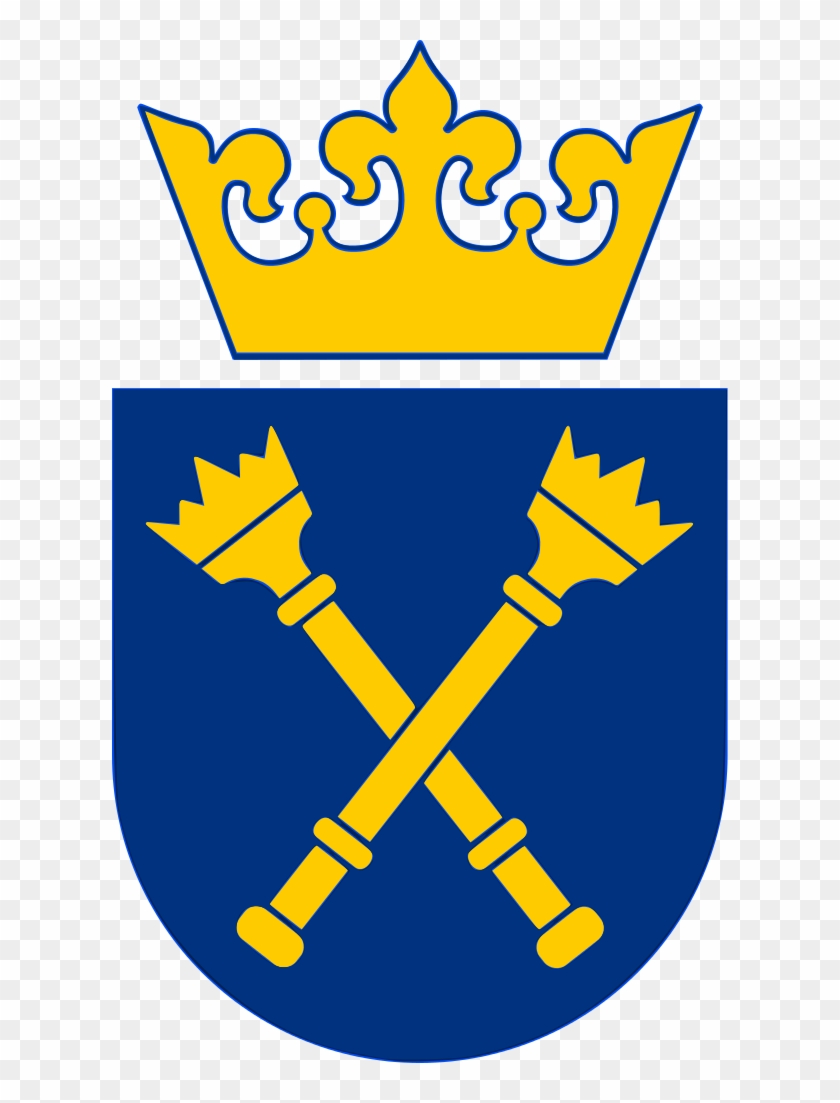
UNIVERSITY OF JAGIELLONIAN | POLAND
- Gołębia 24, 31-007 Kraków, Poland
- Visit University Websites
- University Type: Public
- Famous For : High quality education




The University of Jagiellonian is Poland’s oldest institution and one of the oldest in this part of Europe. Casimir the Great, the Polish ruler, established it on May 12, 1364. The University, as it was then known, had three faculties: liberal arts, medicine, and law. Throughout the founder’s lifetime, only the first two worked. The University ceased to exist after the death of the monarch. We tell students about Poland study visa information, Poland study visa checklists, Poland study visa costs, Poland visa agencies in Bangladesh, and how to get a Poland embassy appointment, among other things.
Despite many failed efforts to revive it in the fourteenth century, King Wadysaw Jagieo refounded it on July 26, 1400. Queen Jadwiga’s testamentary record, which died in 1399, led to the revival. The theological department, officially created in 1397, completed the University’s organization. The oldest and most important university college was known as the Royal, and afterward, the Larger (Collegium Maius). In the fourteenth century, two more, the Legal (Collegium Iuridicum) and Philosophical (Collegium Minus), were established, and various hostels for students and younger professors. The institution, situated in the then-capital of the Kingdom of Poland, continued to operate. It is a symbol of the Polish state’s continuity and makes Krakow one of the country’s most significant educational hubs. Shopnotour can help you get a student visa to Poland from Bangladesh.
Jagiellonian University is Poland’s top university.
Our faculty’s studies are assured to be of excellent quality, as shown by several prizes and certifications.
Access to outstanding library resources
Medicine, Pharmacy, and Medical Analysis. Health Care, Philosophy, History, Philology, Polish Language and Literature, Physics, Astronomy, and Applied Computer Science, Mathematics and Computer Science, Chemistry, Biology, and Earth Sciences, Management and Social Communication, International and Political Studies, Biochemistry, Biophysics, and Biotechnology, and Veterinary Medicine
Undergraduate fees range from 6,900 to 11,700 euros.
Postgraduate: 5,500 to 11,700 euros
Requirements for Admission:
Valid travel documentation (Passport)
Curriculum Vitae (CV) (Detail Address, Phone Number, Email & Skype ID)
Two reliable references with email and phone numbers
SSC and HSC results with 80% mark Degree results with 80% marks English Proficiency Certificate (IELTS 6.0 or above or TOEFL 565 or above)
Work Experience Statement of Purpose/Motivational Letter (If required)
The cost of admission is 20,000/=.
Contact Us
Shopno Tour
01958553912-4
Studying abroad offers several benefits, including exposure to new cultures and ways of thinking, the opportunity to learn a new language, the chance to gain international experience and make global connections, and the potential to boost your career prospects.
The admission requirements for studying abroad vary depending on the country and the institution you are applying to. Generally, you will need to provide academic transcripts, proof of English language proficiency (such as TOEFL or IELTS scores), letters of recommendation, and a personal statement or essay.
When choosing a study abroad program, consider factors such as the location, academic reputation of the institution, program offerings, cost, and support services available to international students.
The process for applying for a student visa varies depending on the country you are applying to. Generally, you will need to provide proof of admission to a recognized educational institution, evidence of financial support, and a valid passport. You may also need to attend an interview at the consulate or embassy.
Studying abroad can be expensive, but there are several options for financing your education, including scholarships, grants, student loans, and part-time work. It is important to research and apply for funding opportunities early in the application process.
To prepare for studying abroad, make sure you have all the necessary documentation, including a valid passport and student visa. Research the culture and customs of the country you will be visiting, and consider learning some of the local language. Connect with other students who will be studying abroad to build a support network, and make sure you have sufficient funds to cover your living expenses.
The process for finding housing while studying abroad varies depending on the country and the institution you are attending. Many institutions offer on-campus housing options, while others may provide assistance in finding off-campus accommodations. It is important to research your options and make arrangements well in advance of your departure.
Many institutions provide support services to international students, such as language classes, cultural activities, academic advising, and counseling services. It is important to take advantage of these resources to help you adjust to your new environment and succeed academically.
